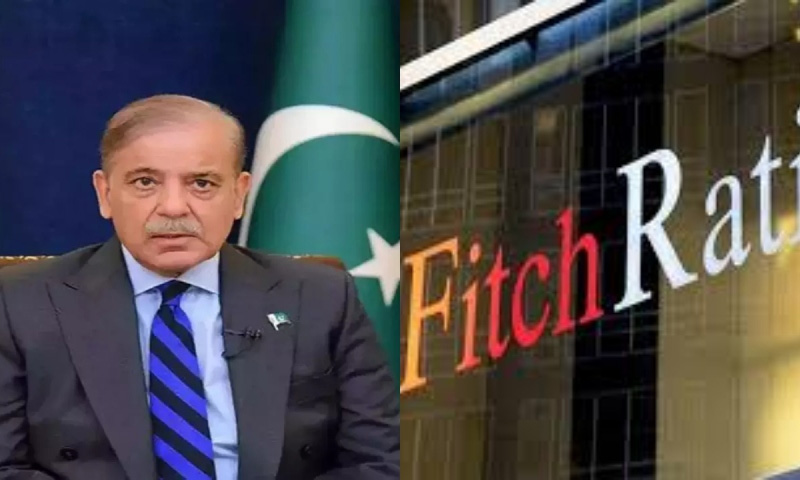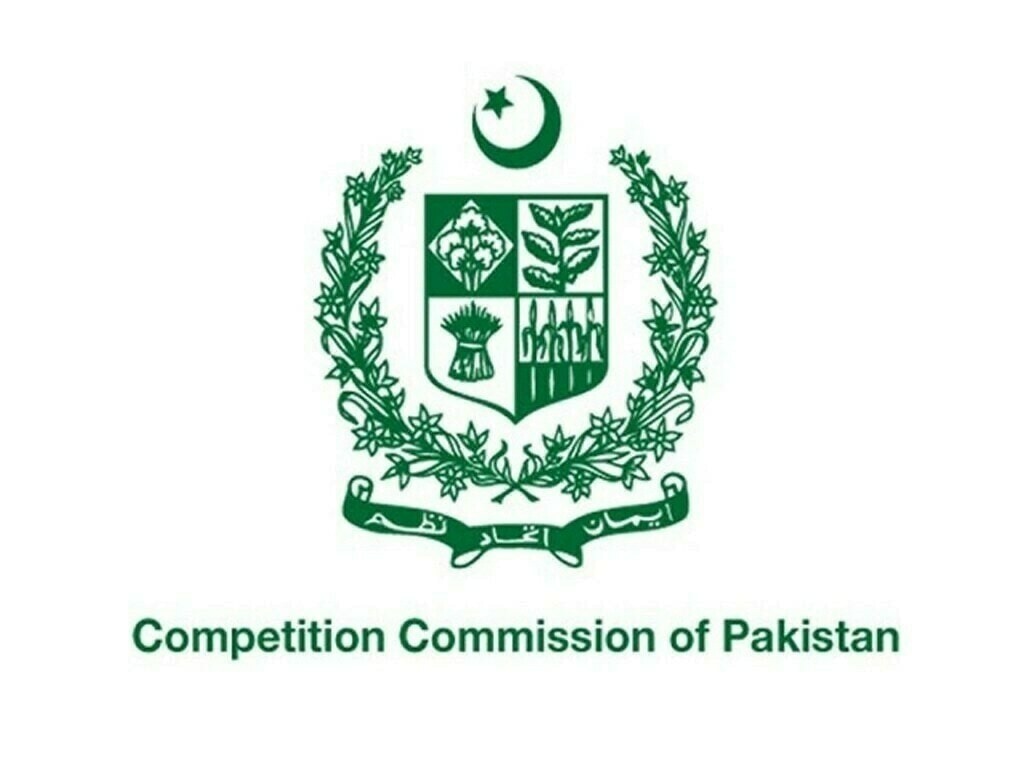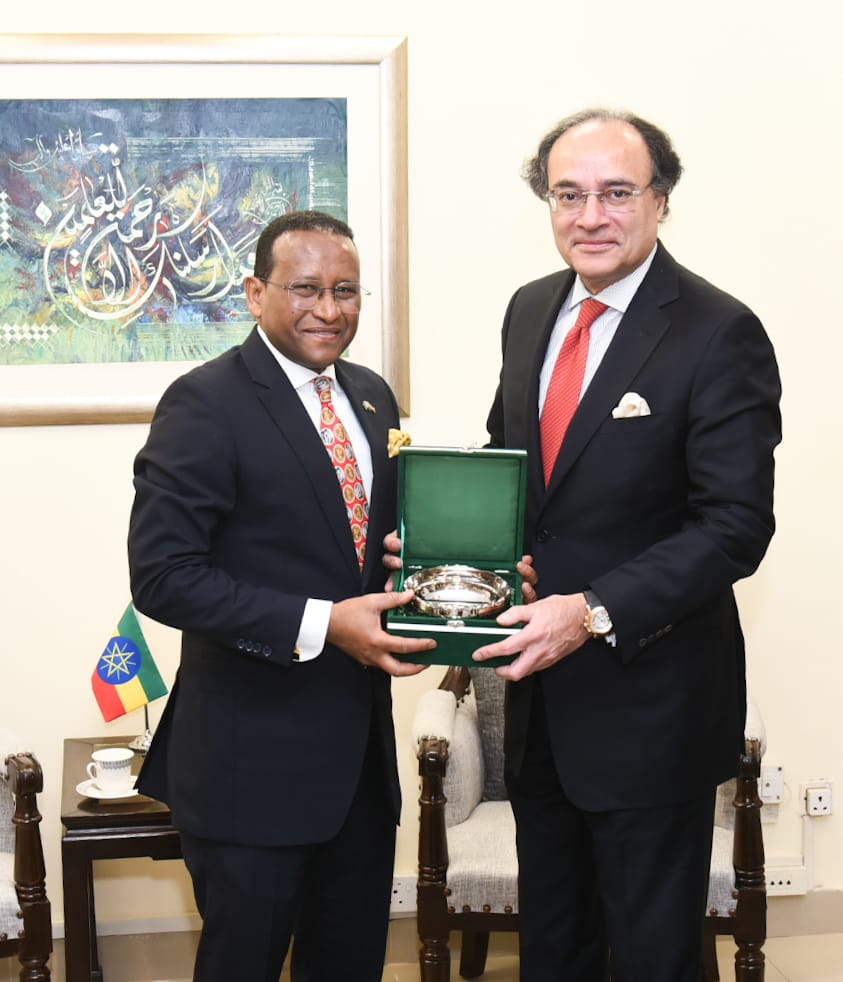The economic rating agency Fitch has forecasted significant political and economic changes for Pakistan. The current government, led by Prime Minister Shahbaz Sharif, is expected to remain in power for the next 18 months before being replaced by a technocratic government. This prediction comes amid ongoing economic reforms and political turmoil in the country.
Fitch’s report highlights that the Shahbaz Sharif administration is undertaking necessary economic reforms in collaboration with the International Monetary Fund (IMF). These reforms are crucial for stabilizing Pakistan’s economy, which has faced numerous challenges in recent years. The current government’s term will focus on implementing these reforms to lay the groundwork for future stability.
After the current government’s term, Fitch predicts that a technocratic government will take over in Pakistan. This transition is expected to ensure continuity in the economic reforms initiated by the Shehbaz Sharif administration. Technocratic governments, typically composed of experts and specialists, are often brought in during periods of economic crisis to implement necessary but potentially unpopular measures.
Custody Fitch also addressed the political situation involving former Prime Minister Imran Khan, founder of the Pakistan Tehreek-e-Insaaf (PTI) party. According to the report, Khan is expected to remain in custody for the foreseeable future. This development has significant implications for Pakistan’s political landscape, as Khan remains a influential figure with substantial public support.
Despite Khan’s detention, independent candidates backed by the PTI founder performed strongly in Pakistan’s February elections. Their success indicates continued support for Khan’s vision and policies, even in his absence. However, this political dynamic has led to protests in major cities, which could disrupt economic activities and further complicate the government’s efforts to stabilize the economy.
On the economic front, Fitch predicts that Pakistan’s inflation rate will decrease by the end of the current fiscal year. This projection is based on the expectation that the State Bank of Pakistan will lower interest rates, potentially bringing them down to 14 percent. This anticipated reduction in interest rates aims to stimulate economic growth and ease the financial burden on businesses and consumers.
The report also noted that the Pakistani government has set some of the most challenging economic targets in its budget. These targets are designed to stabilize the economy and pave the way for a comprehensive program with the IMF. Achieving these targets will require difficult economic decisions, but they are essential for long-term stability and growth.
Fitch’s prediction aligns with a recent statement from the international rating agency Moody’s. Moody’s indicated that the new IMF program would improve Pakistan’s funding possibilities. However, it also cautioned that Pakistan’s external position remains fragile, with high external financing requirements posing policy challenges over the next three to five years. Moody’s also highlighted weak governance and high social tensions as potential obstacles to implementing necessary reforms.
The road ahead for Pakistan is fraught with challenges, but it also presents opportunities for significant improvements. The successful implementation of economic reforms could stabilize the economy, attract foreign investment, and improve the standard of living for Pakistani citizens. However, political stability and effective governance are crucial to achieving these goals.




